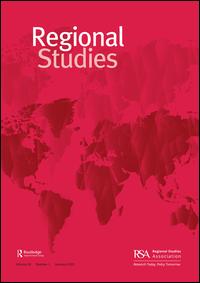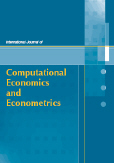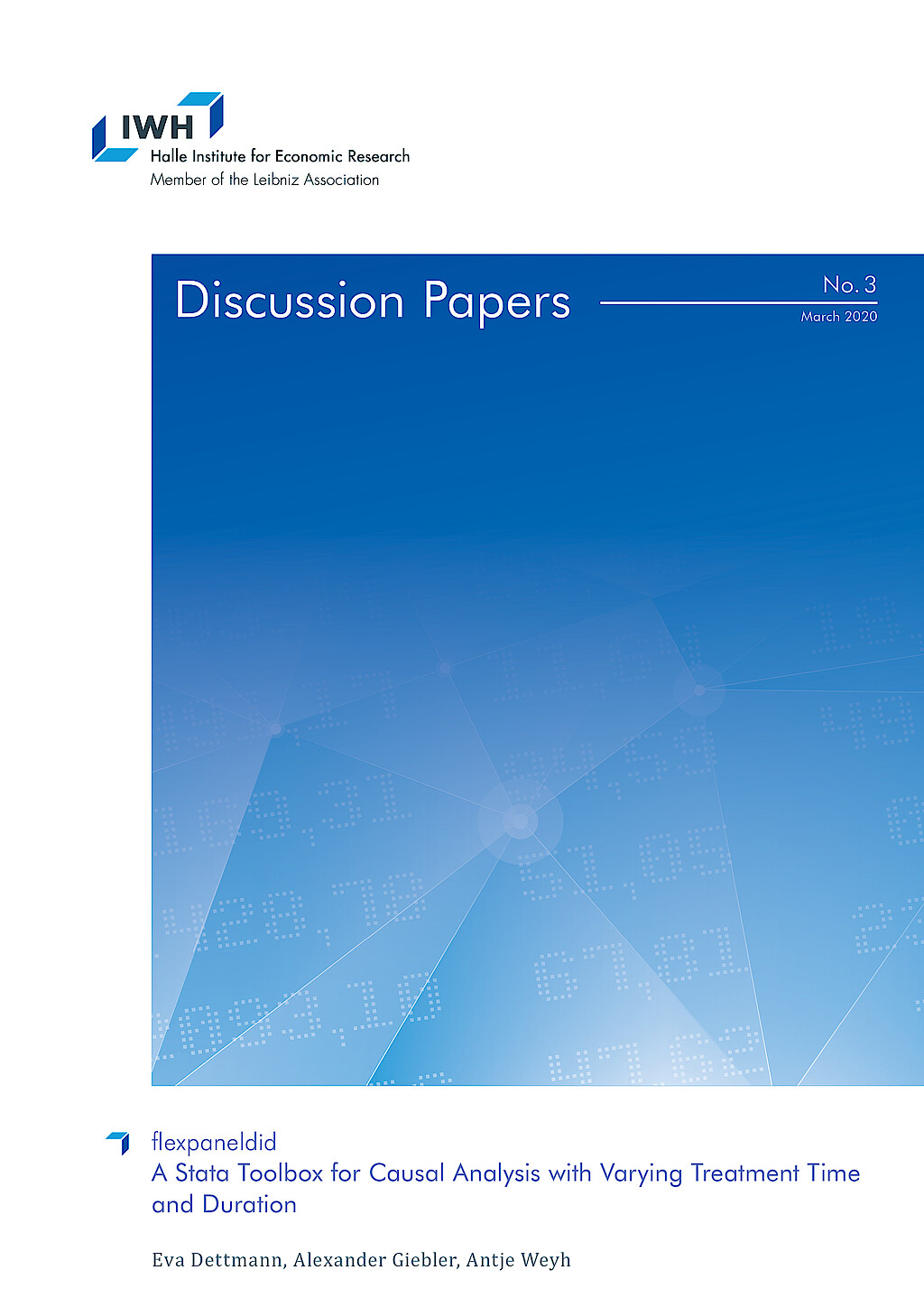Alexander Giebler

Current Position
since 10/12
Scientific-Technical Staff in the Department of Structural Change and Productivity
Halle Institute for Economic Research (IWH) – Member of the Leibniz Association
Activities
- database analyses and statistics
- patent data analyses
- innovation indicators
- record linkage








